The Sensory Room: Helping Students with Autism Focus and Learn
Sensory rooms are specially created environments created to provide an immersive sensory experience. For children on the autism spectrum, sensory rooms are designed to have a calming effect that reduces anxiety and improves focus.
This video is part of the Schools That Work series from Edutopia featuring Meriden Public Schools in Connecticut and the ways in which the district has redesigned its special education services. Read more ›
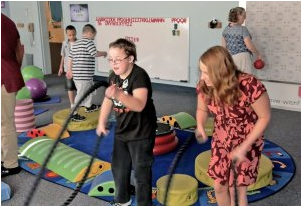

 Sensory rooms not only help students with special needs feel more comfortable and empowered in the classroom, they may also keep them in their neighborhood schools, according to K-12 administrators.
Sensory rooms not only help students with special needs feel more comfortable and empowered in the classroom, they may also keep them in their neighborhood schools, according to K-12 administrators.

 Born in 1992 in Japan, Naoki Higashida was diagnosed with autism at the age of 5. Higashida communicates today by using a letter board and by typing on a computer.
Born in 1992 in Japan, Naoki Higashida was diagnosed with autism at the age of 5. Higashida communicates today by using a letter board and by typing on a computer.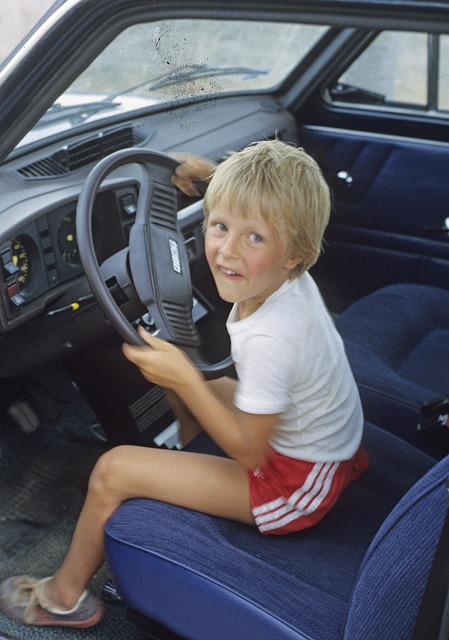
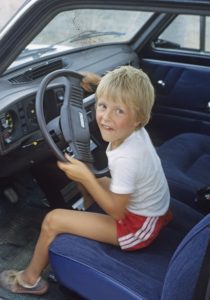 One big concern with many children with autism is safety. Not just for themselves but for others around them as well. As a parent of a child with autism, your home more often becomes your fortress. And carefree trips to the zoo or the park? They’re not going to happen — not without major planning and precautions, anyhow. But the biggest issue is getting from Point A to Point B.
One big concern with many children with autism is safety. Not just for themselves but for others around them as well. As a parent of a child with autism, your home more often becomes your fortress. And carefree trips to the zoo or the park? They’re not going to happen — not without major planning and precautions, anyhow. But the biggest issue is getting from Point A to Point B.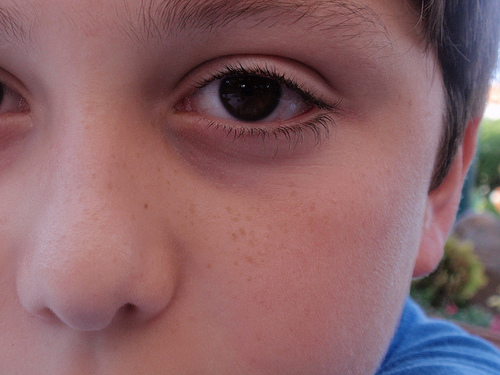
 Students on the autism spectrum often find transitioning to new situations challenging. Parents and teachers can minimize the stress with some joint prep before school starts.
Students on the autism spectrum often find transitioning to new situations challenging. Parents and teachers can minimize the stress with some joint prep before school starts.
 The
The 
 How your child plays, learns, speaks, acts, and moves offers important clues about your child’s development. Developmental milestones are things most children can do by a certain age.
How your child plays, learns, speaks, acts, and moves offers important clues about your child’s development. Developmental milestones are things most children can do by a certain age.
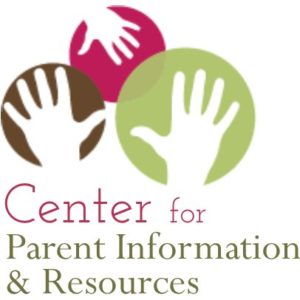 The
The 

